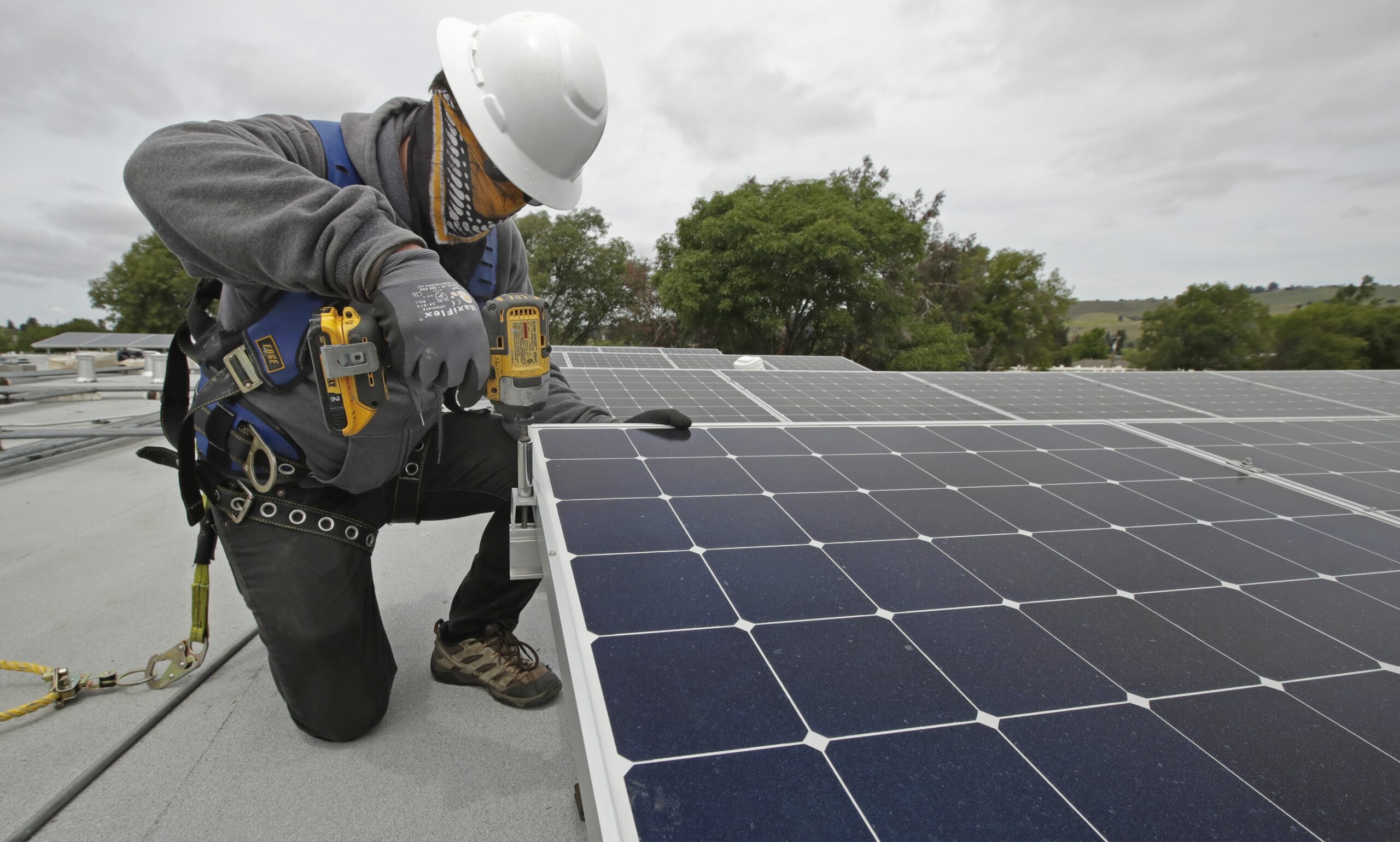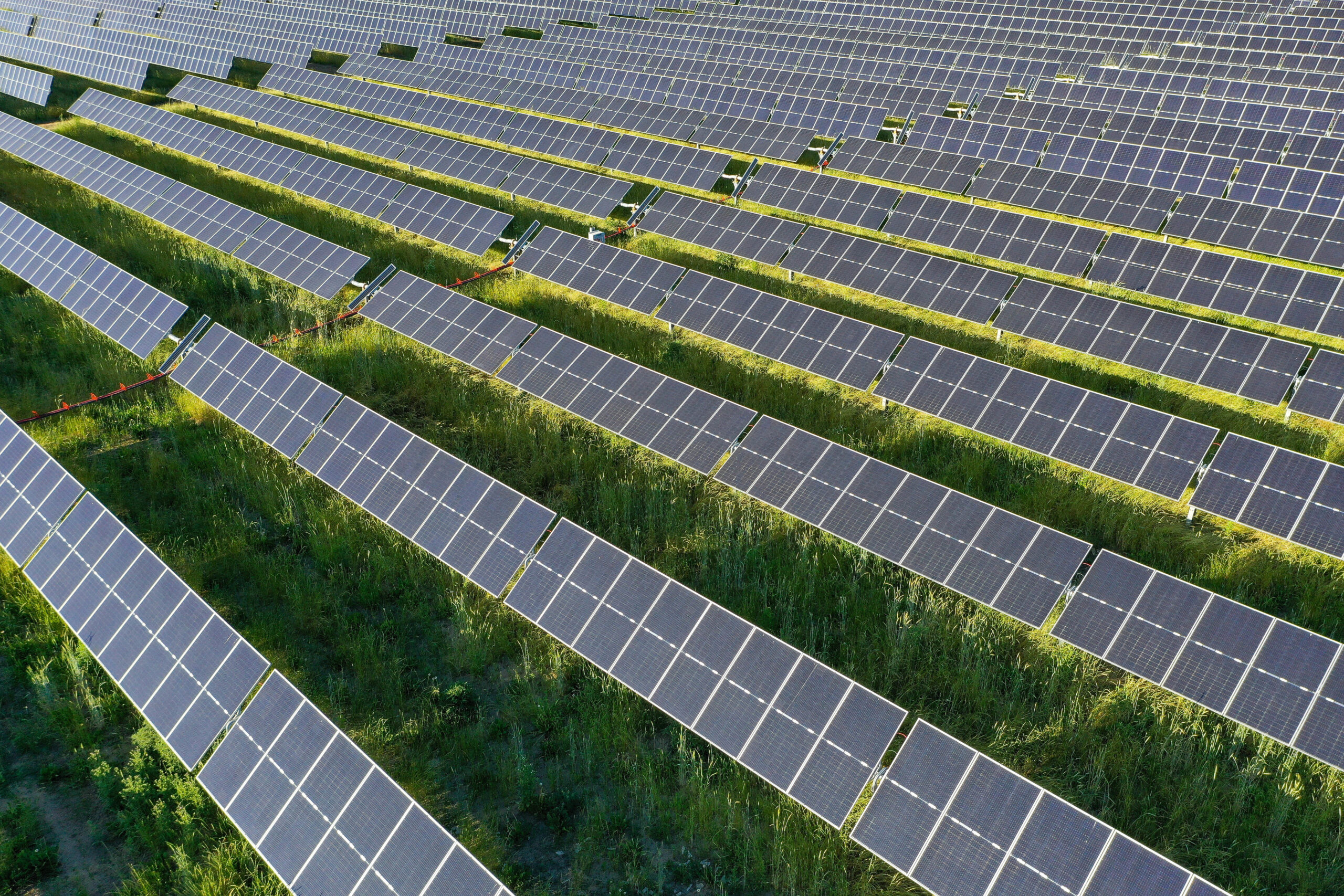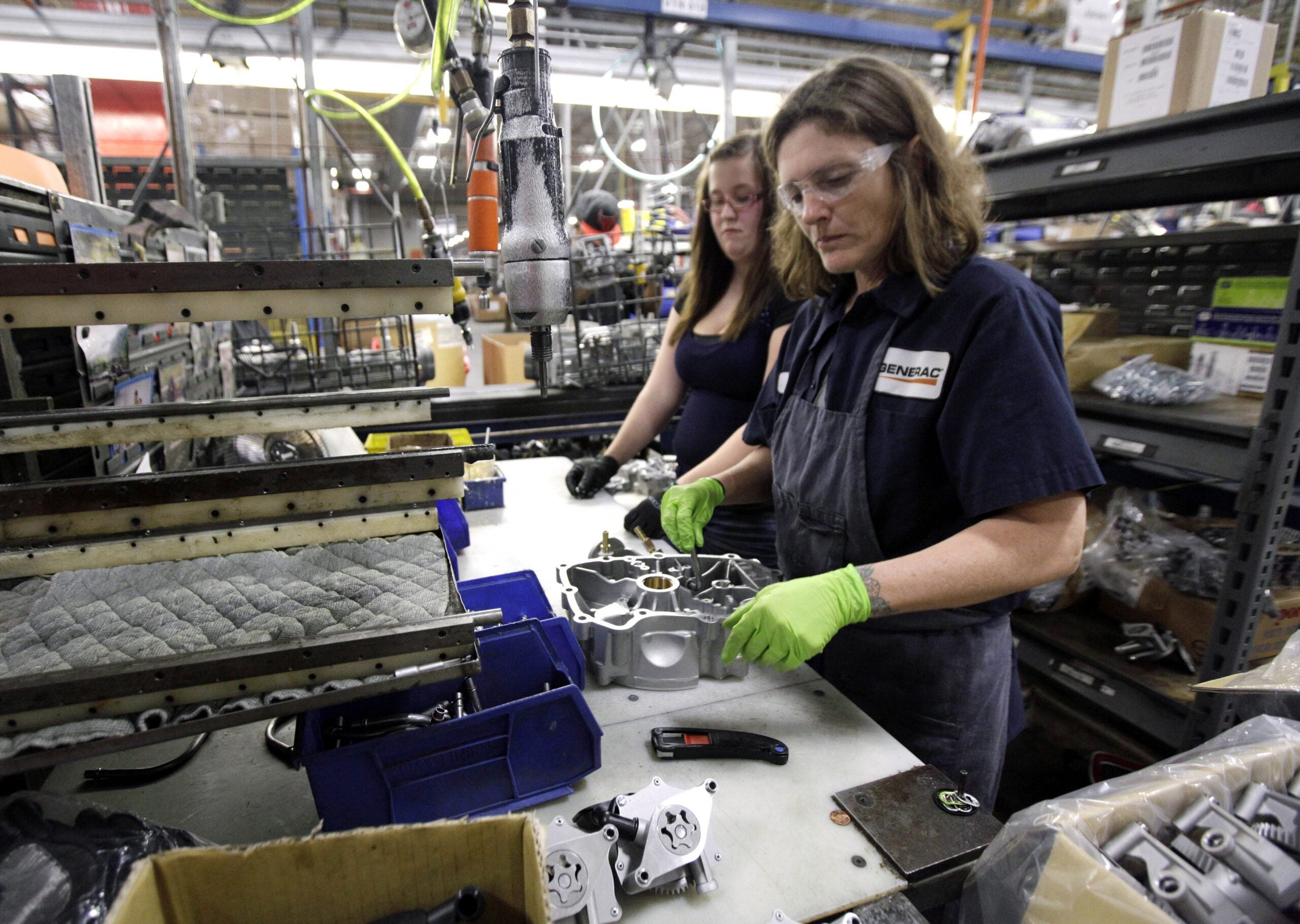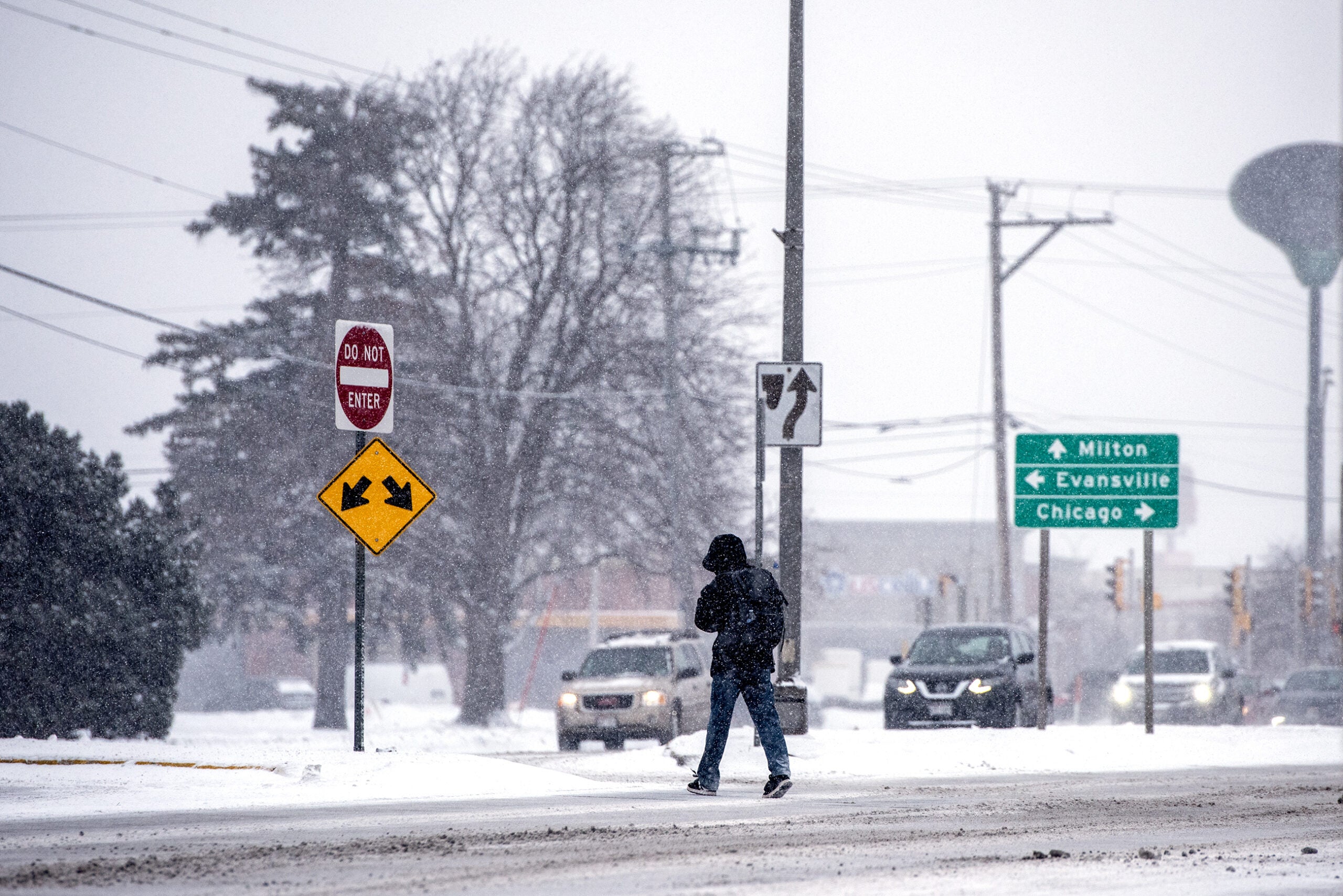Hundreds of millions of dollars go to low income people to help them heat their homes every year. But a renewable energy advocate says it might be a better idea to steer some of those funds to helping the poor reduce their energy use.
The federal Low Income Home Energy Assistance Program helps the poor meet their immediate energy needs. Jason Edens of the Rural Renewable Energy Alliance, says the program is a help to many people who face what he calls “fuel poverty,” or facing a choice between paying for heat and not having enough to eat. But, Edens says, the problem with the assistance dollars is that the money does little to reduce the use of fossil fuels. He says there should also be money to help pay for solar heating for many poorer families. “Solar is not a silver bullet, but it is part of a golden buckshot,” he says. “Where appropriate, it can be an extremely powerful tool to absolutely address low-income fuel poverty. “
Edens says his home state of Minnesota has already okayed the installation of solar units in 300 low-income homes. His focus on the poor comes at a time when other low-income people around the world could catch the brunt of global warming triggered by more use of fossil fuels. UW-Stevens Point energy professor Michael Reisner says more than 100 poor countries don’t have the resources to cope with climate change. So, he says, for one thing, developed nations must make greater use of cleaner fuels. “What’s interesting is those nations are going to have to deploy technologies to the world’s poorest nations to help them mitigate climate change.”
Stay informed on the latest news
Sign up for WPR’s email newsletter.
Reisner and others spoke at a forum at the Midwest Renewable Energy Fair. The forum took the optimistic tone of what will happen when clean energy is conventional.
Wisconsin Public Radio, © Copyright 2024, Board of Regents of the University of Wisconsin System and Wisconsin Educational Communications Board.





